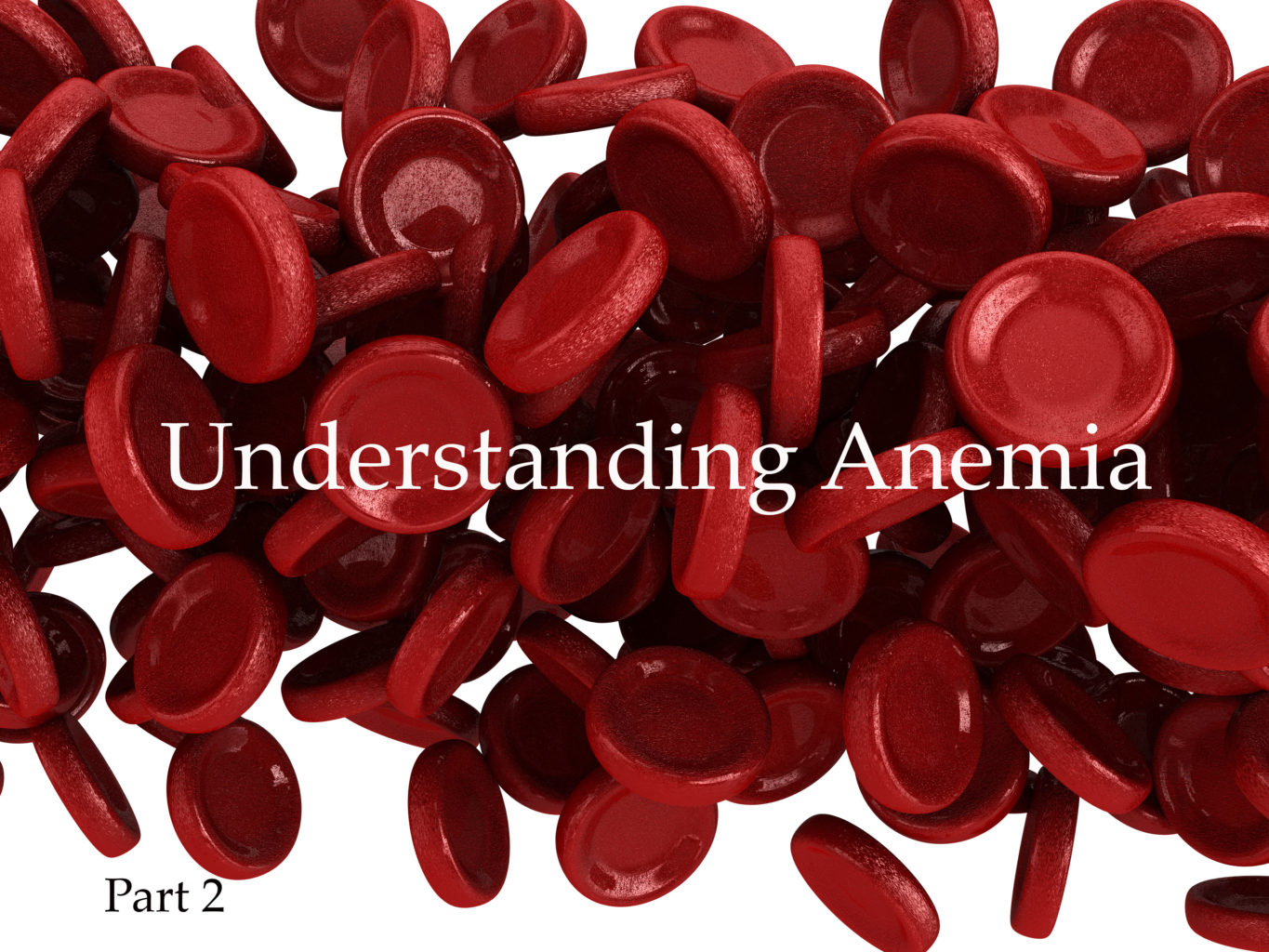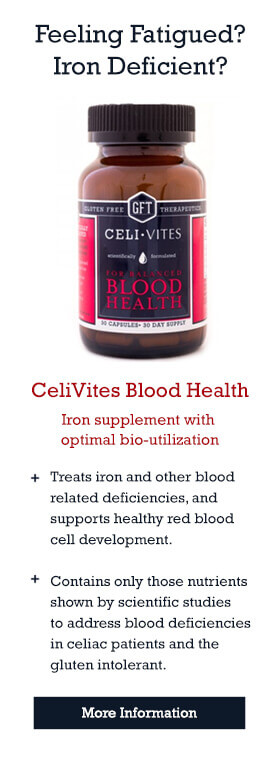
The Effects of Iron Deficiency Anemia
It may be needed in very small amounts, but iron has a crucial impact on our health. In fact, virtually every single living organism needs iron to ensure a variety of metabolic reactions, from the well-known oxygen transport to more obscure functions, such as DNA synthesis. Little wonder that iron deficiency anemia adversely effects our bodies and our health.
Not surprisingly, the effects of iron deficiency anemia start to develop when we don’t absorb enough iron. Despite what we know about this element, iron deficiency is still the most common nutritional disease around the world. This condition is known as iron deficiency anemia, to separate it from other forms of anemia not necessarily caused by a lack of iron.
This type of anemia occurs when the body gets depleted of its iron reserves and absorption cannot keep up with needs. When this happens over a prolonged period, synthesis of hemoglobin and red blood cells starts to be affected and symptoms start to appear.
The main causes for iron deficiency and anemia include:
- Low iron availability in diet (particularly for vegetarians)
- High iron requirements due to a period of fast growth (common in teenagers)
- Pregnancy, particularly towards the end of pregnancy
- Menstruation
- Excess blood loss, due to accident or infection
- Poor absorption rates through the intestinal wall
- Untreated celiac disease
In the part 2 of our three part series “Understanding Anemia”, we’ll discuss current understanding of iron requirements and consequences of this deficiency. We’ll also look at anemia prevalence and identify groups at risk for iron deficiency anemia…
HOW DOES IRON DEFICIENCY ANEMIA DEVELOP?
As a first reaction to increased iron needs, our body simply pulls from its own reserves. Under normal circumstances, this would not be a problem and would be promptly replaced by iron coming from the diet. However, if this “restocking” is not possible for some reason – due to low iron intake or poor absorption, for example – it creates a negative iron balance, resulting in iron deficiency and eventually anemia.
Once anemia has developed, the supply of iron to generate new red blood cells is compromised. Eventually this drop in iron can be detected by laboratory tests, including assessing hemoglobin levels or how much iron is attached to an iron transporter called transferrin.
HOW COMMON IS IT?
Unlike most other nutritional problems, which tend to affect mostly populations living in countries with a low income, iron deficiency is not influenced by household income or nationality. It’s impossible to have an accurate number, but estimates seem to suggest that the vast majority of children and pregnant women in non-industrialized countries suffer from iron deficiency or anemia and, even in some industrialized countries, the prevalence still reaches 10-20%. These figures may add up to two billion people, of which about half the cases are believed to be caused by low iron.
HOW DOES IT AFFECT THE BODY?
A feeling of tiredness or fatigue is a classic symptom that would certainly get most physicians suspicious about anemia, but it’s not the only consequence of low iron levels. The list includes aspects such as decreased cognitive function and lower immune response.
Cognitive function
Many studies have shown irrefutably that iron plays a key role in brain function. Low iron levels can cause poor attention span, difficulties in psychomotor development and low IQ, as well as lack of control of behavior and emotions. What’s worrying is, if it happens during childhood, the effects of iron deficiency in cognitive function do not seem to go away even after diet supplementation.
Immune system
It started as a simple observation in hospitals, but researchers are now aware that patients with low iron levels present a much higher risk of contracting infections. This susceptibility comes from a debilitated immune system, in which defense mechanisms do not seem able to deal with invading pathogens.
Physical activity
The characteristic feeling of tiredness and apathy comes from a general inability of our body to cope with normal physical activity, such as work or exercise. The good news is that, in this case, iron supplementation is enough to revert this effect and return to normal.
Pregnancy
Due to higher needs during pregnancy, it’s not uncommon for expecting mothers to suffer from iron deficiency or even anemia. If not treated, this condition is often associated with many adverse outcomes, both for mother and baby. Problems may include increased risk of sepsis, low birth weight or even higher mortality rates.
WHAT GROUPS ARE AT RISK OF DEVELOPING IRON DEFICIENCY?
There are many factors to take into account, but generally children, women of reproductive age and patients with conditions which may affect iron absorption are often classed as high risk groups. This can be explained by increased needs to support a period of fast growth, such as during childhood or pregnancy; or in patients suffering from conditions such as celiac disease, colitis and Crohn’s disease, which are characterized by low iron absorption.
TREATING AND PREVENTING ANEMIA
In our third and final post in our “Understanding Anemia” series we’re going to look at ways to treat and prevent this condition, including opting for a balanced diet or using iron supplements. We will discuss which foods are rich in iron and should be added to your diet. In terms of diet supplementation, we’ll look at what types of iron supplements are available and discuss pros and cons for each case.
This original article is made possible by Gluten Free Therapeutics. Our mission is to educate, inform, and provide the most effective nutritional products possible to allow those with celiac disease and serious gluten intolerance to heal their bodies.
Comments ()
















I love this I needed to know some of this information due to the fact that I am iron deficiency anemic. Very good information about this disease.